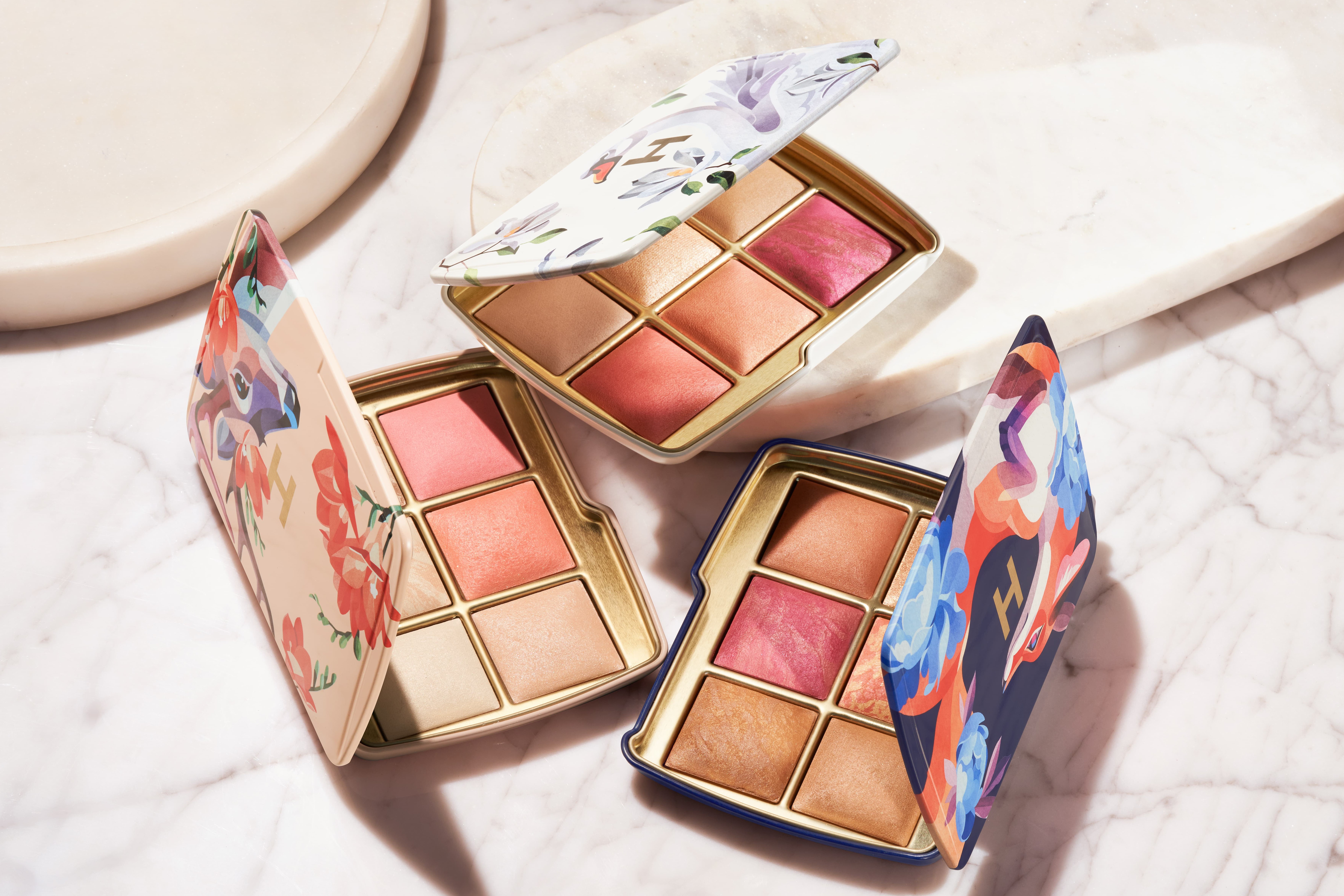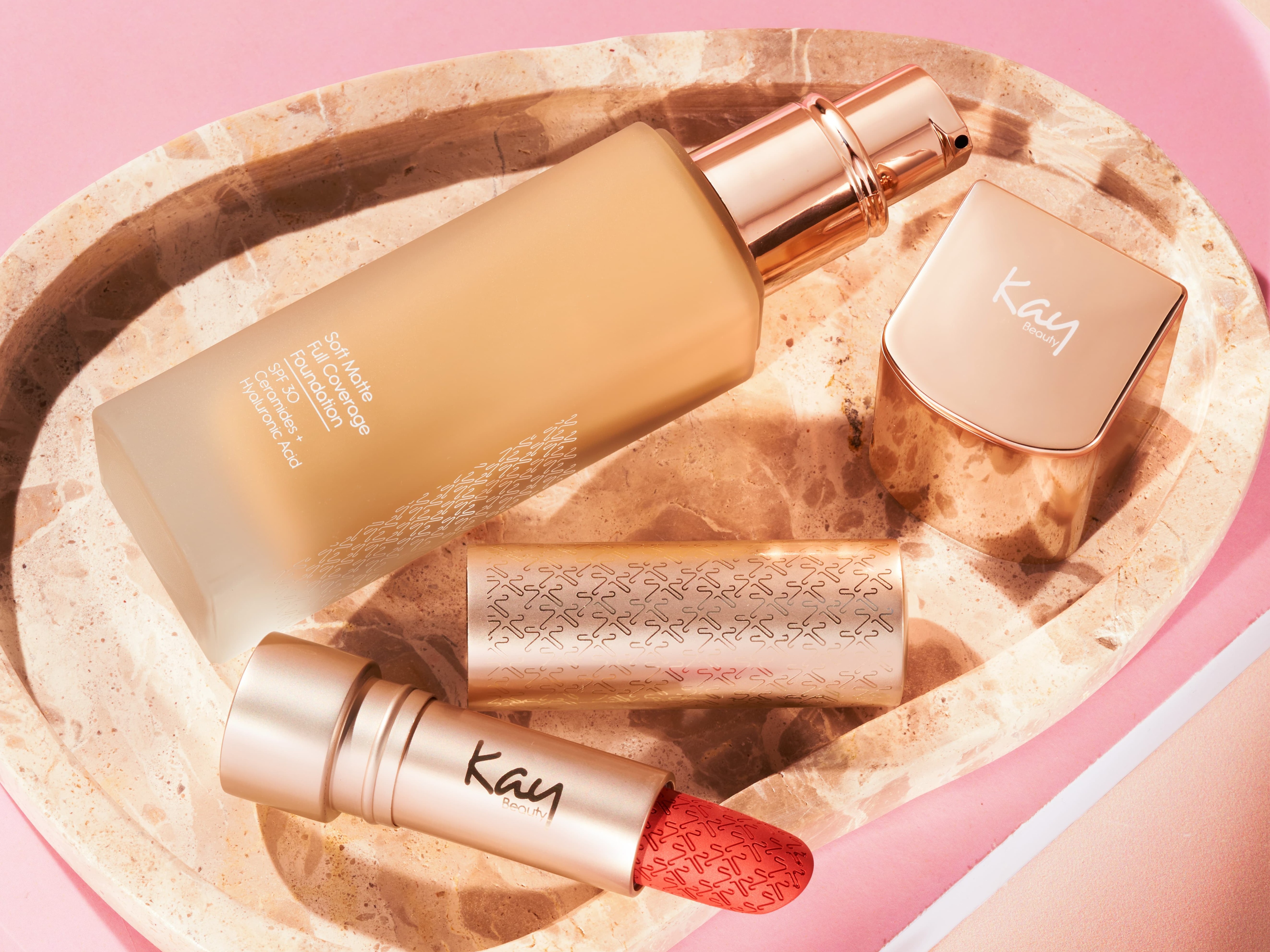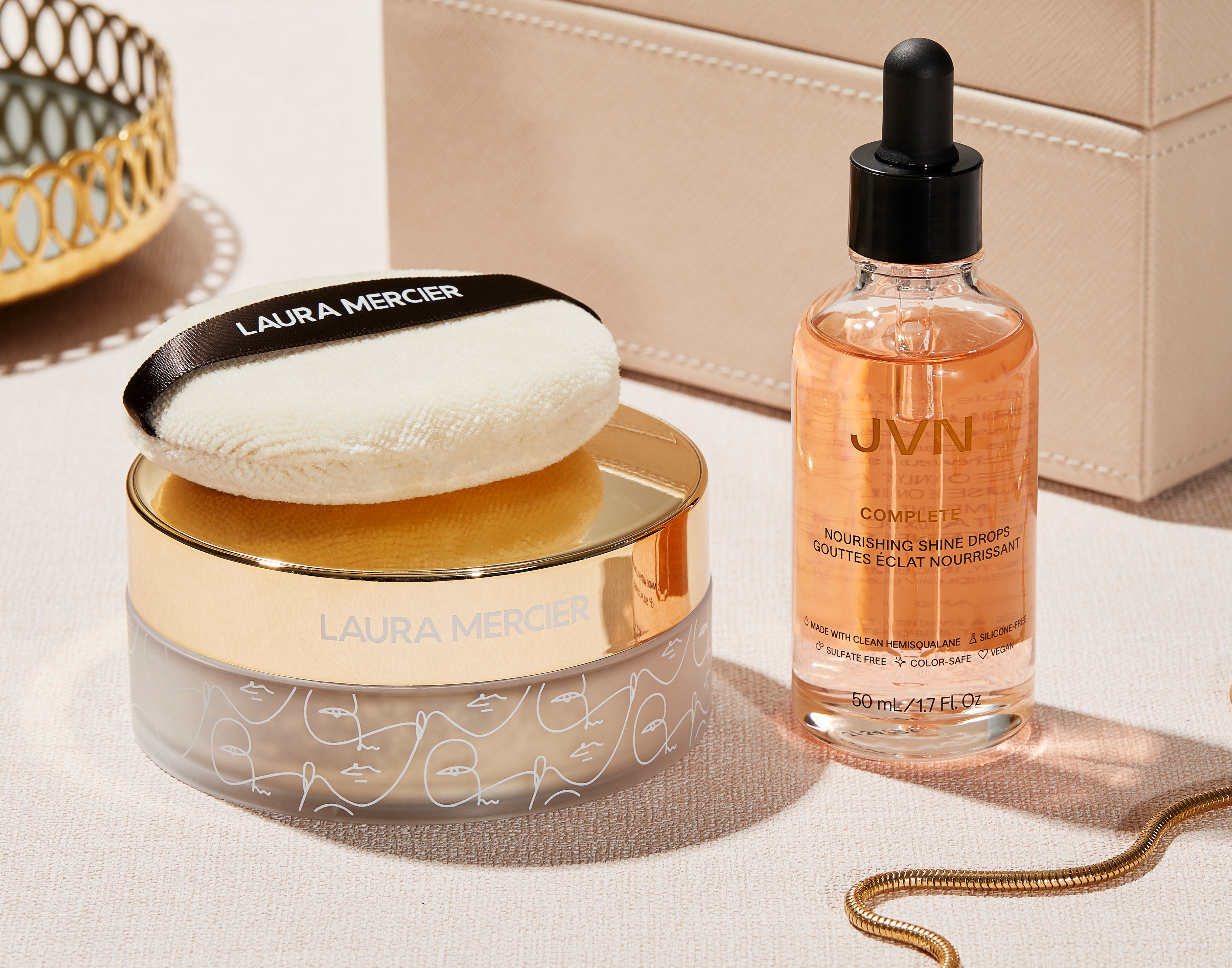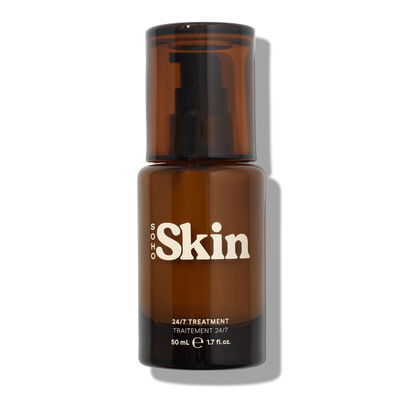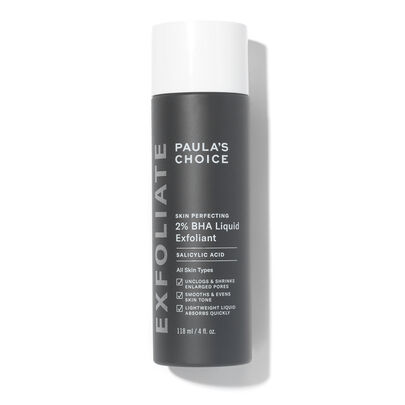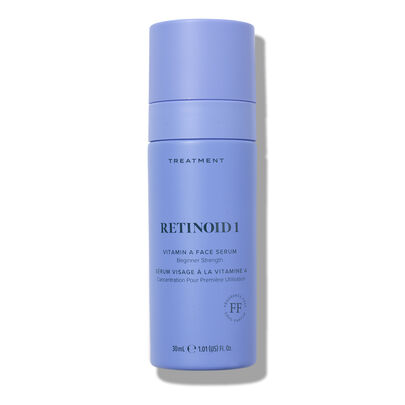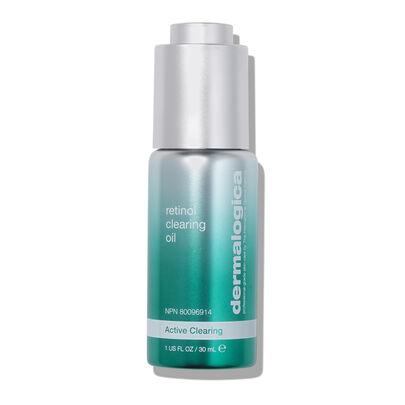How To Get Rid Of Blemishes
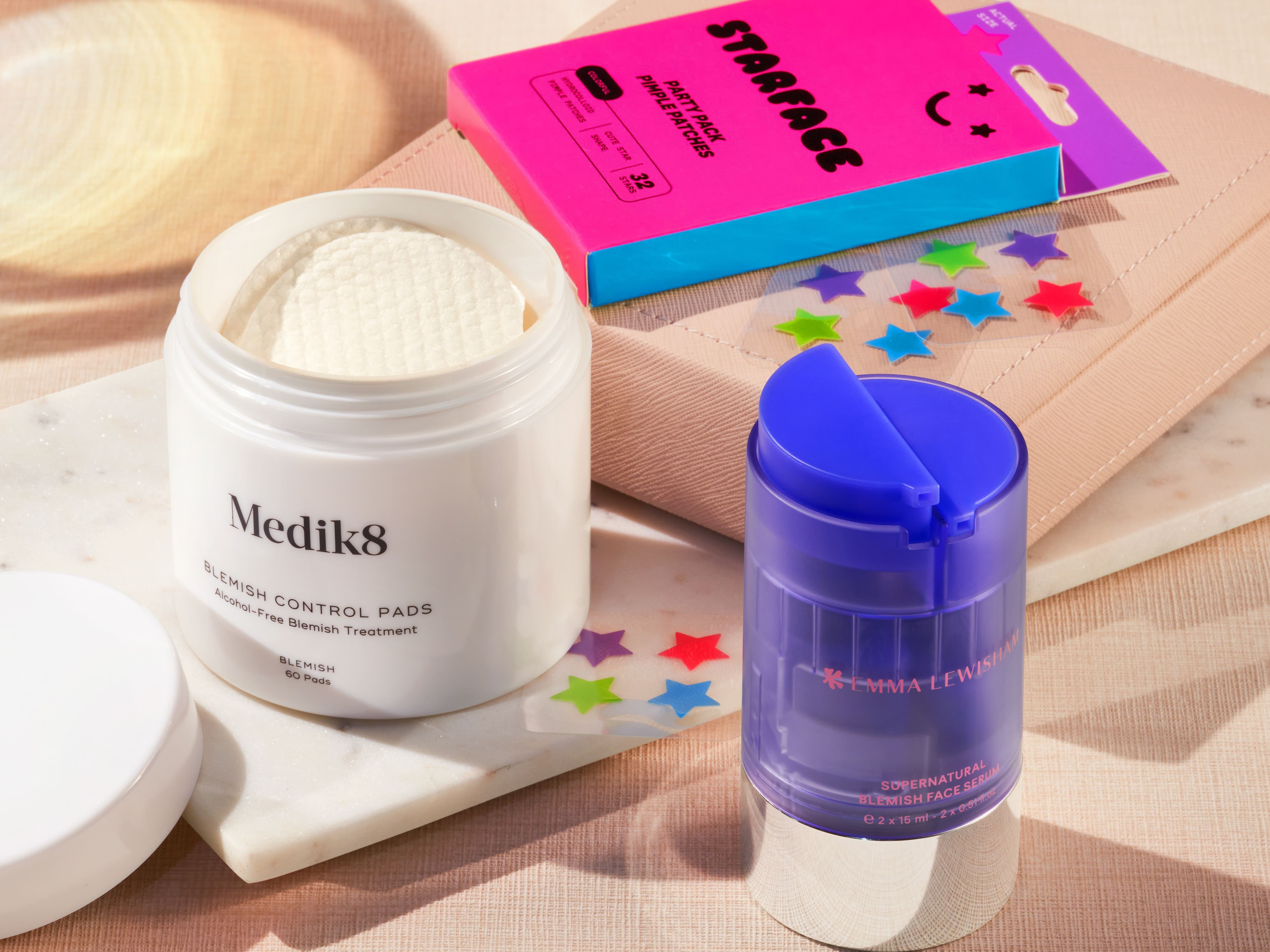
From the occasional pesky spot to hormonal acne, breakouts of blemishes can be unpredictable, often seemingly uncontrollable and always undesirable. But before you reach for the toothpaste, layer on the concealer or dig out that balaclava, rest assured that help is at hand. Because understanding what exactly the blemishes on your face are, what causes them, and what the best skincare treatments are could mean a clearer complexion is just around the corner.
Looking for product recommendations for acne? Skip to the best skincare ingredients for acne and best skincare treatments for acne.
What are blemishes on face?
Dermatologically speaking, ‘blemishes’ are any imperfections on the skin’s surface from moles to milia. But most commonly the word refers to acne lesions – otherwise known as spots, zits or pimples – that appear most frequently (and rather cruelly) on the face. “The causes of these acne blemishes are multifaceted,” says dermatologist and founder of dermatology clinic Self London, Dr Anjali Mahto. “They often involve a mix of genetic, hormonal, microbial and environmental factors.”
The skin on your face has the most oil producing (sebaceous) glands – about 900 per square centimetre – compared to the rest of your body, making it more prone to acne-causing blockages than anywhere else. The scalp comes a close second, with areas like the back and chest coming in third, which explains why, especially in your teenage years, blemishes can crop up there too. If you want some good news, it’s pretty much impossible for pimples to pop up on your palms or soles of your feet, as there are no sebaceous glands at all there.
What are the different types of acne?
When faced with a battle with blemishes, it’s paramount you know your enemy. Which means identifying what type of blemish, or acne, you’re dealing with. From cystic to papules, the different types of acne can appear for varying reasons, and require varying forms of attack…
Cystic acne
“Cystic acne is a severe form of acne,” says Dr Ifeoma Ejikeme, medical consultant and founder of the award-winning Adonia Medical Clinic. “And it involves deep, painful and inflamed cysts beneath the skin.” Often resistant to over-the-counter treatments, it can lead to long-lasting scarring. Cystic acne is best treated by a dermatologist, although certain skincare ingredients can help to soothe it.
Comedones (or blackheads)
Most often found around the nose and chin (and, let’s be honest, sometimes satisfying to deal with…) blackheads, also known as comedones, “refer to a hair follicle that has become clogged with excess sebum and dead skin cells,” says Daniel Hunt, scientist and chief product officer at skincare brand Medik8. When that blockage reaches the skin’s surface, he adds. “The clogged sebum becomes oxidised by the air and turns black or grey in colour.”
Whiteheads
Whiteheads – “small, raised bumps with a white of flesh-coloured centre,” as Dr Ejikeme describes them – are closed comedones, essentially the big sister to blackheads. Daniel explains the difference in appearance: “if the blockage remains beneath the skin. The oxygen can’t reach the built-up plug of sebum, so oxidation can’t take place.” The prevents the colour changing to black but also means the blemishes can grow larger in appearance. They shouldn’t, Daniel assures, ever be painful or swollen though, as both types of comedone are non-inflammatory.
Papules
Papules are “small, red and inflamed bumps on the skin,” says Dr Ejikeme, who adds that although they don’t contain pus (so aren’t ‘squeezable’ – not that we should be squeezing any sort of blemish!) they can be tender to the touch. “They result from inflammation and infection of the hair follicles,” she adds, and can most often appear on the forehead, nose and chin.
Why is my skin breaking out?
Ok so you’ve pinpointed what sort of pimple you’re dealing with. But to really understand the effect you need to figure out the cause. And when it comes to blemishes, sadly one size doesn’t fit all. From what causes forehead acne to how food can cause breakouts, read on to get a better idea of the root of the problem…
Blemish prone skin
“Blemish-prone skin can refer to anyone who is susceptible to whiteheads, blackheads, papules and more; from those who get the occasional pimple or blackhead, to those with high-grade acne,” says Daniel, who advises that if you get frequent breakouts that don’t seem to align with other factors (food or hormones, for example) this could be the cause. And it doesn’t discriminate according to skin type either, he says, as although often oily-skin types are blemish-prone, dry skin can be too. “While traditionally associated with teenage skin, blemish-prone skin is common in all ages, and unfortunately doesn’t always go away when you hit your 20s,” he adds.
The reasons for your skin being blemish-prone are varied, adds Dr Ejikeme, “such as genetic factors like an overproduction of sebum (skin oil), increased sensitivity to certain triggers, or a tendency for skin cells to stick together, leading to clogged pores.”
Hormones
Often the cause of teenage anguish, hormonal swings in our formative years are the most common cause of acne and blemishes. But for women (male hormones level out in their late teens. Lucky them, right?) hormone levels continue to fluctuate through our lives, and these changes can often show up uninvited on our complexions.
“Hormone fluctuations, especially testosterone, can change the levels of sebum secretion which can lead to highly inflamed blemishes,” confirms Daniel. These changes can often cause acne around the jawline and chin in particular.
Diet
Although most dermatologists would agree that most blemishes including cystic and comedones aren’t likely to be caused by diet, sometimes, says Daniel. “Spots can be linked to dietary triggers, especially acne on cheeks.” This is more often than not the result of too much dairy or sugar, and the best way to find out which or why is with an allergy or intolerance test with a doctor or dietician.
Lack of sleep and stress
Both a lack of sleep and raised stress levels (or raised stress levels caused by a lack of sleep… or a lack of sleep caused by raised stress levels!) can disrupt hormonal balance, leading to an increase in the stress hormone cortisol. “Elevated cortisol levels can stimulate sebum production,” says Dr Ejikeme. “Potentially clogging pores and contributing to the development of blemishes.”
Daniel adds that the skin can then go into “defence mode”, as an immune response, “exacerbating swelling or redness.” Any sort of emotional or physical stress, he adds, makes inflammatory conditions worse, and this includes hormonal acne too.
Bacteria and cleanliness
Although often another consequence of hormone imbalances, another cause of acne, especially on the forehead, can be a build-up on the surface. Not washing your face or even your hair regularly can leave an oily residue on the forehead that can block pores and prompt blemishes. Also be aware of what is touching your skin: hair products like gels and waxes can only further block those pores, and grubby unwashed fingers can leave inflammation-causing bacteria.
Best skincare ingredients for acne
Ok, so you’ve hopefully homed in on the root cause of the bothersome blemishes clogging up your complexion, but - aside from a visit to a brilliant dermatologist - do you know what the best products for acne and spots are? Of course, looking for words like ‘anti blemish’ or ‘spot treatment’ is a good place to start, but understanding what the best ingredients for acne are is key to finding the best formula for your skin.
Salicylic acid for acne
Find a dermatologist who doesn’t immediately suggest salicylic acid for acne and we’ll eat our hats. Dr Mahto calls the beta-hydroxy acid (BHA) “excellent for exfoliating the skin” and praises its ability for “penetrating deep into the pores to remove excess oil and dead skin cells.” Especially great for clearing and preventing the formation of black and whiteheads, with consistent use it promotes clearer, smoother skin. It also has anti-inflammatory benefits, meaning it can help to reduce redness and speed up the healing process.
Retinol for acne
Retinol (and other forms of retinoids and vitamin A) is widely praised for its anti-ageing, wrinkle-reducing powers. But it’s also a stellar option for stopping spots too, as Dr Mahto explains: “Retinol is definitely beneficial for addressing blemishes and acne. Its primary use is its ability to promote skin cell turnover, unclogging pores. By accelerating the shedding of dead skin cells, retinol prevents pore blockages, reducing the formation of blackheads and whiteheads.”
She adds that the anti-inflammatory properties in retinols also help to diminish redness and irritation associated with active blemishes. And its ability to regular sebum production can help to prevent new blemishes from forming too.
Sounding too good to be true? Well one caveat, she warns, is that anyone new to retinoids should introduce the products gradually into their routine, or you could encounter other skin reactions such as dryness or irritation.
Vitamin C for acne-prone skin
Perhaps a lesser known solution for spots, adding a vitamin C serum into your routine can also help with blemishes, as it is packed with anti-inflammatory properties so will help calm redness and reduce swelling. Further to that, it can help with the lasting effects of acne: “It’s an antioxidant that helps protect the skin from environmental damage” says Dr Ejikene, “which can be helpful for fading acne marks.”
Best skincare treatments for acne
We’ve outlined the best skincare treatments for blemish prone skin, as well as our favourite retinol and vitamin C products for acne.
We also recommend treating yourself to a treatment at EverySkin in Space NK's Battersea or Duke of York stores. EverySkin offers a range of treatments depending on your skin type and acne, including The Calmer, a gentle lactic acid peel, and The Rescue, a more intense treatment to help with deeper acne and scarring. Browse and book your treatment here. In the meantime...
Salicylic acid products for blemish prone skin:
Retinol products for blemish prone skin:
Vitamin C products for blemish prone skin:
The takeaway on the cause of blemishes and how to get rid of them
For anyone who’s suffered from blemishes and acne, it can sometimes seem like you’re chasing your tail trying to soothe or stop it. And in some cases - especially when hormones are involved - it can be a very tricky task. Dr Mahto’s advice (other than seeing a consultant dermatologist if an accurate diagnosis is in order) is, “to treat acne as soon as possible; to switch it off in its tracks and prevent further blemishes from forming or scarring from occurring.”
The causes of blemishes can range from an overload of sebum to stress, but some solutions are universal no matter what the cause, your skin type or the type of blemishes you’re dealing with. And that’s keeping skin clean, feeding it with the right products and treating it with kindness. That will make for balanced skin, happy skin, and maybe even a happier you.
Read More
• The Best Retinol Serums and Creams for Every Budget• The Best Moisturisers for Dry Skin to Instantly Hydrate • Do Beauty Supplements Really Work?
• How do Lip Plumpers Work?


